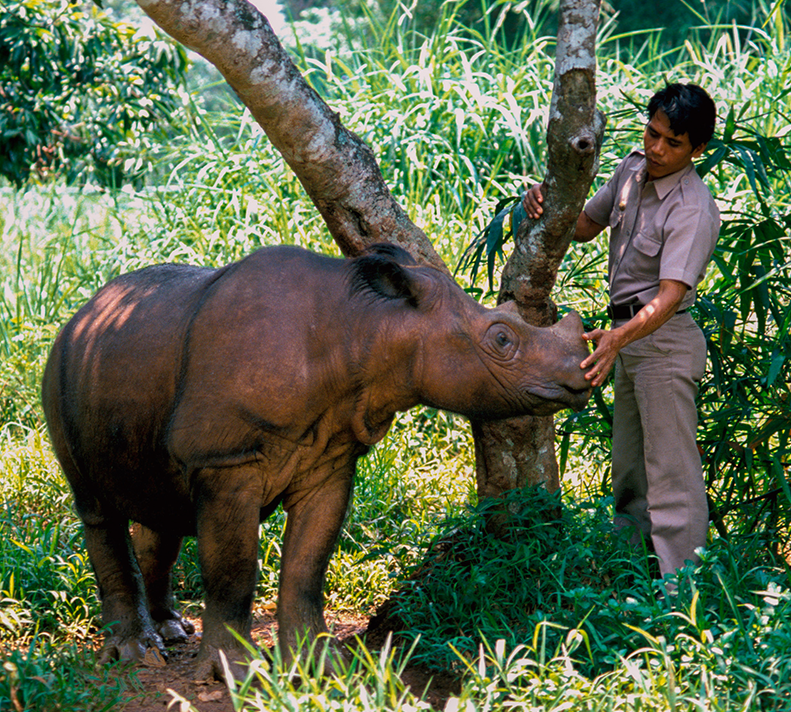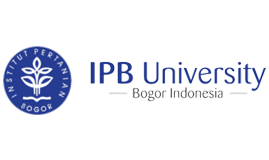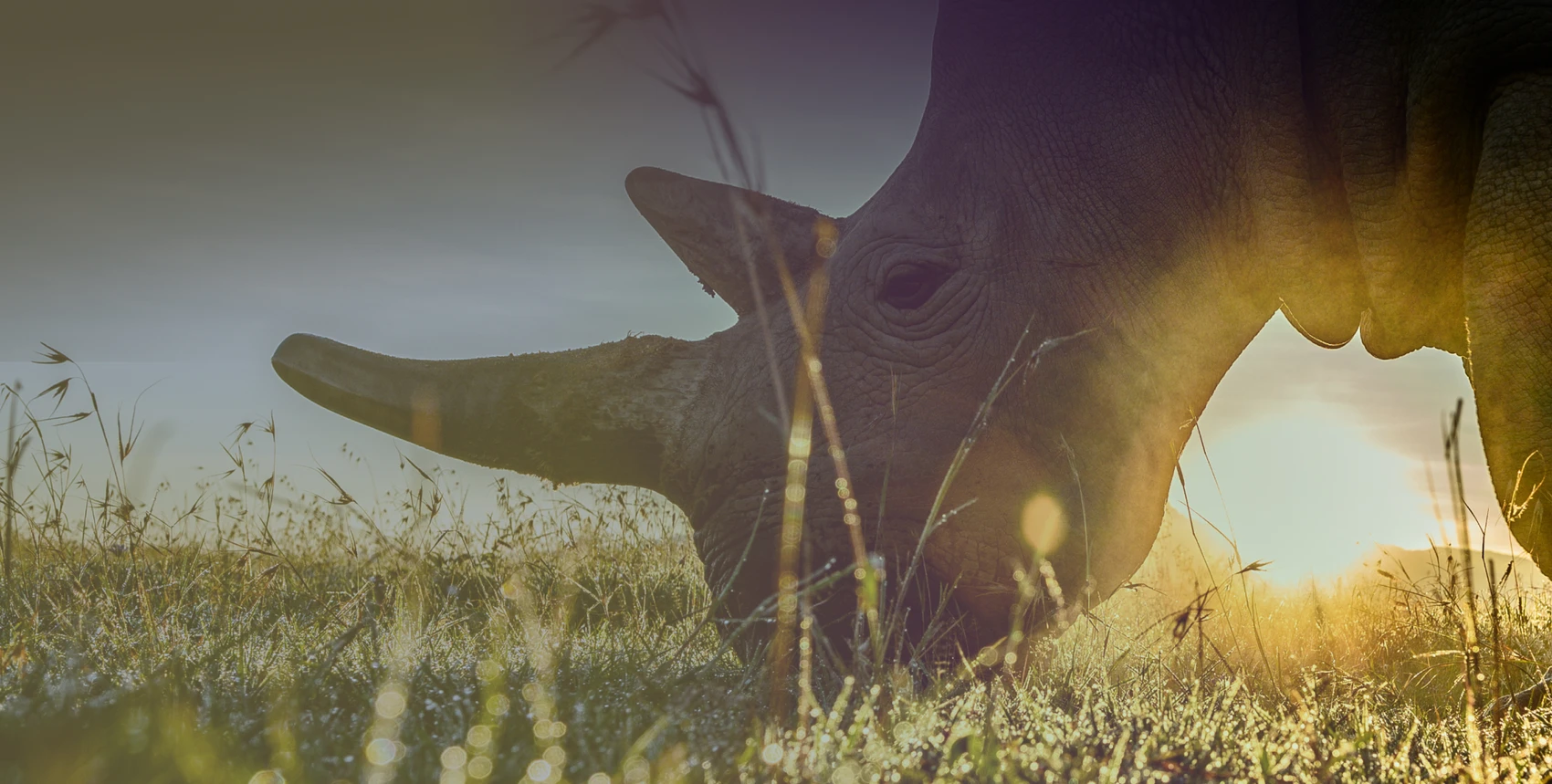

We're Working to
Make Extinction a
Thing of the Past

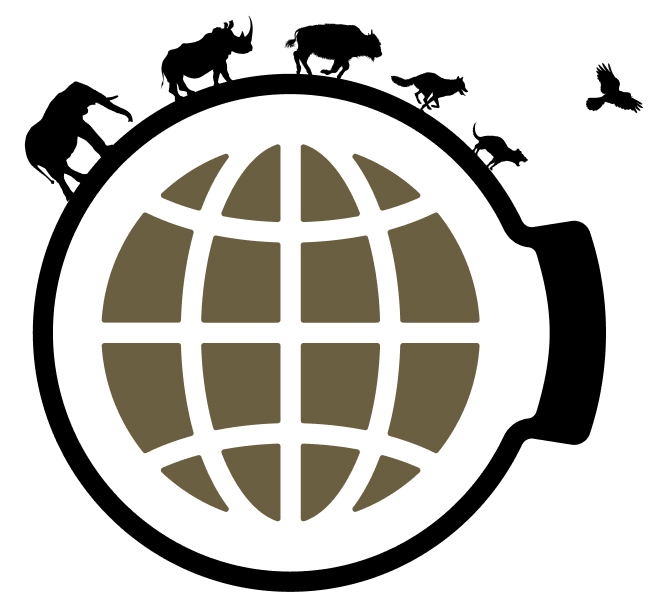
Infusing Conservation
with Innovation

Infusing Conservation
with Innovation
Colossal births technological innovations that radically improve the capacity of conservationists to save animals on the brink of extinction.
The Colossal Foundation is focused on rapidly flowing those technological advancements to partner-led conservation initiatives, to revolutionize wildlife conservation and ecosystem restoration, providing financial support, technology products and opportunities for local partners globally who are fighting to support the most imperilled species in the world.






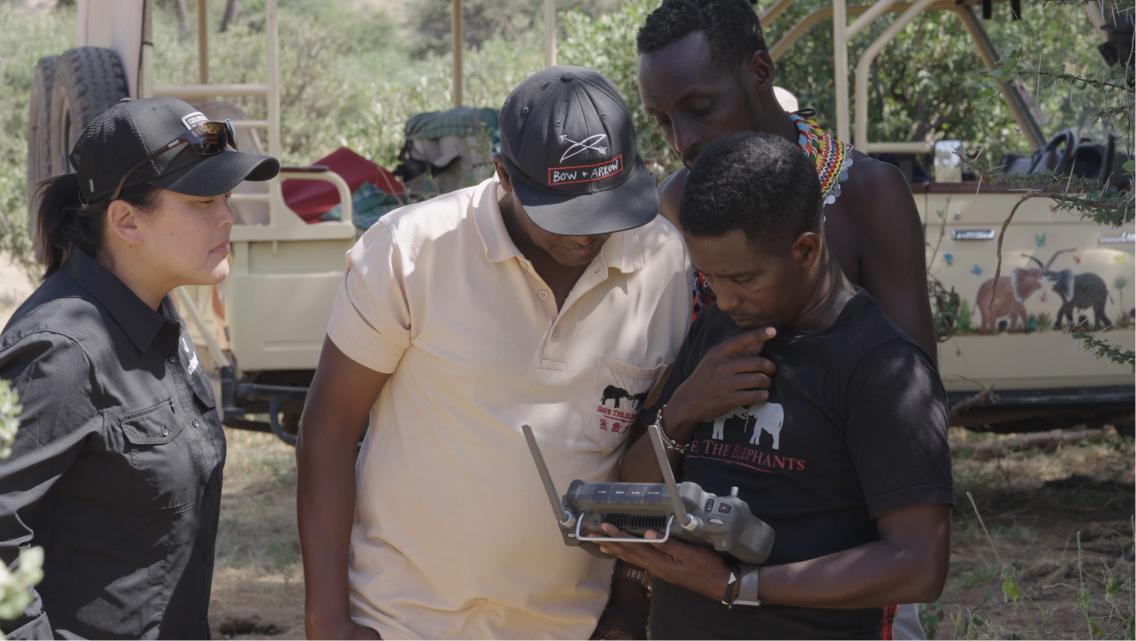

a Colossal Problem

The World Animal Foundation predicts that up to
 We started The Colossal Foundation to ensure that our technology can be in the hands of those who can benefit the most. The Foundation further expands our capacity to get our science into the world as fast as possible; in the face of this extinction crisis we do not have time to wait.
We started The Colossal Foundation to ensure that our technology can be in the hands of those who can benefit the most. The Foundation further expands our capacity to get our science into the world as fast as possible; in the face of this extinction crisis we do not have time to wait. 

Three Key Programs:
Where Science & Technology
Meet Field Conservation
Challenging the
Status Quo
The Colossal Foundation works with conservation partners who understand that the most dangerous decision in the face of the sixth mass extinction crisis is to maintain the status quo.
The status quo sees up to 10,000 species going extinct every single year. And the number will continue to scale.
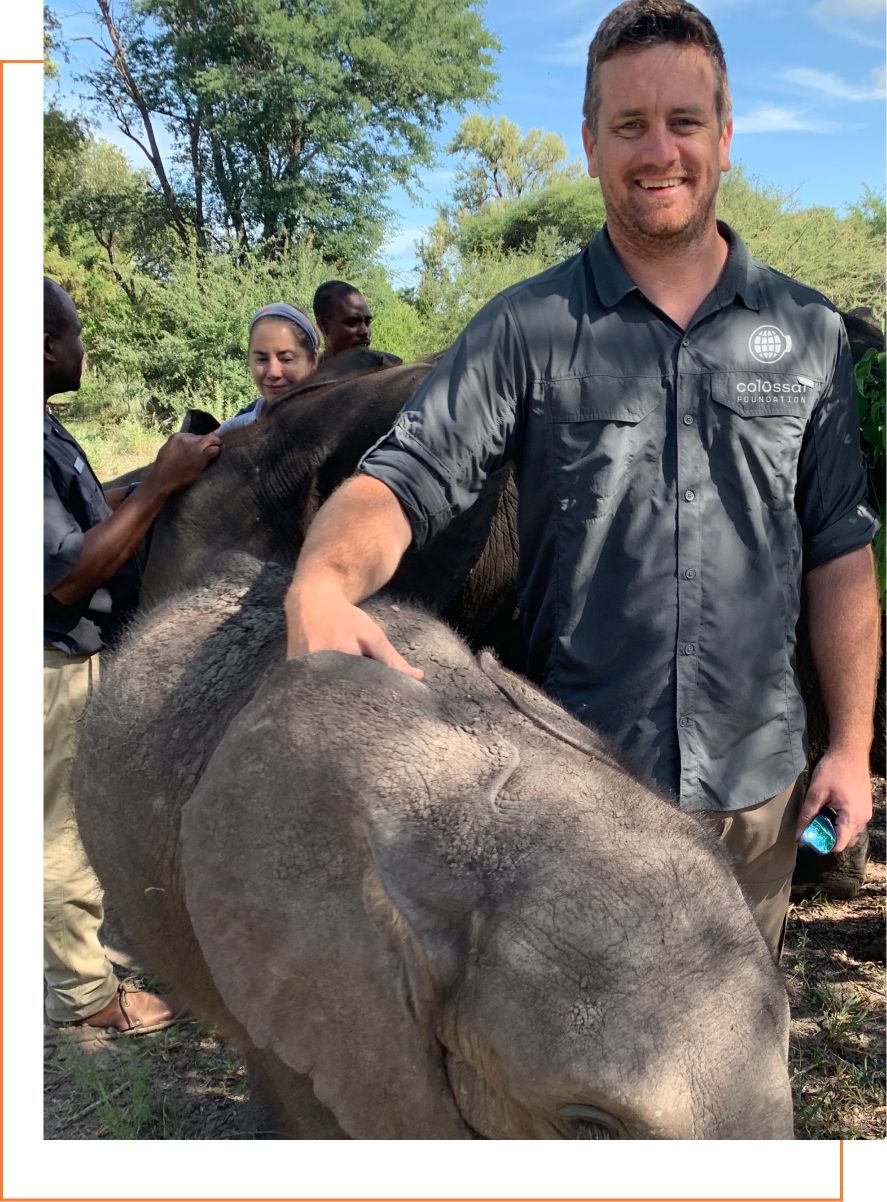


To stop the loss, we need to ensure that nothing stands between the world’s most precious resource (biodiversity) and the tools that can impact change.
The Colossal Foundation provides the rapid deployment mechanisms necessary to deliver the tools and funding to partners who can save animals like: the vaquita, the sumatran rhino, the javan rhino, the northern quoll.
Matt James
Colossal Foundation Executive Director
Colossal Chief Animal Officer


Leading With
Possibility
The future for animals looks bleak. But, we believe that it is possible to change that.
The best technological innovation deployed to accomplished conservationists who are working with local communities is a powerful recipe for success. We know, because we’ve seen it already working.
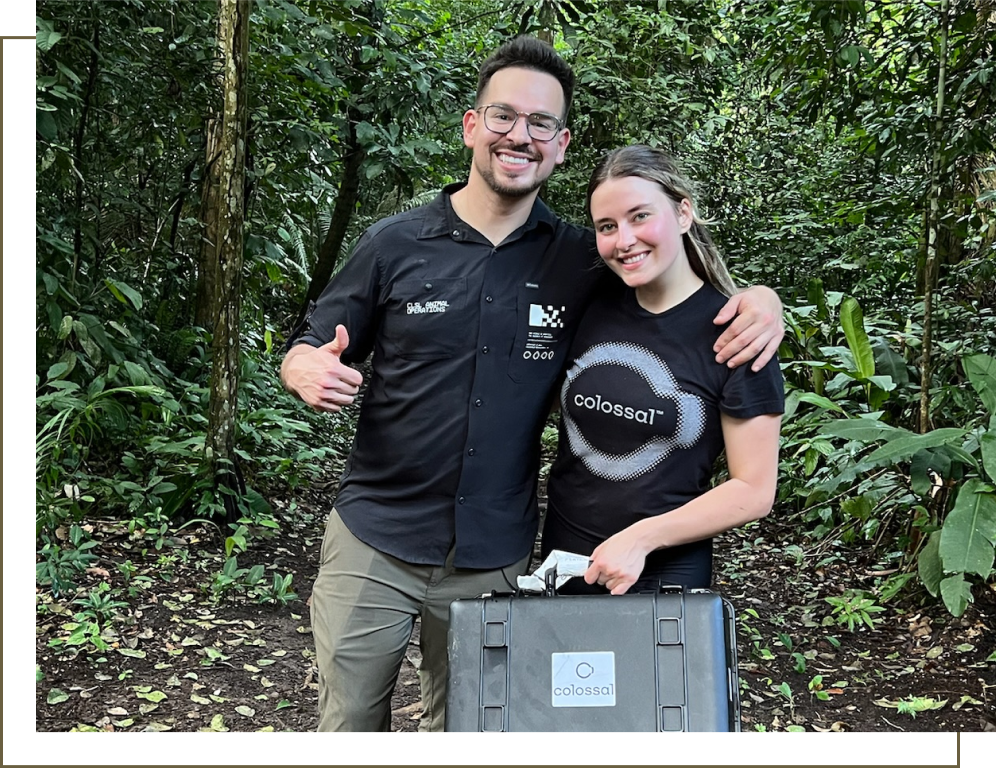

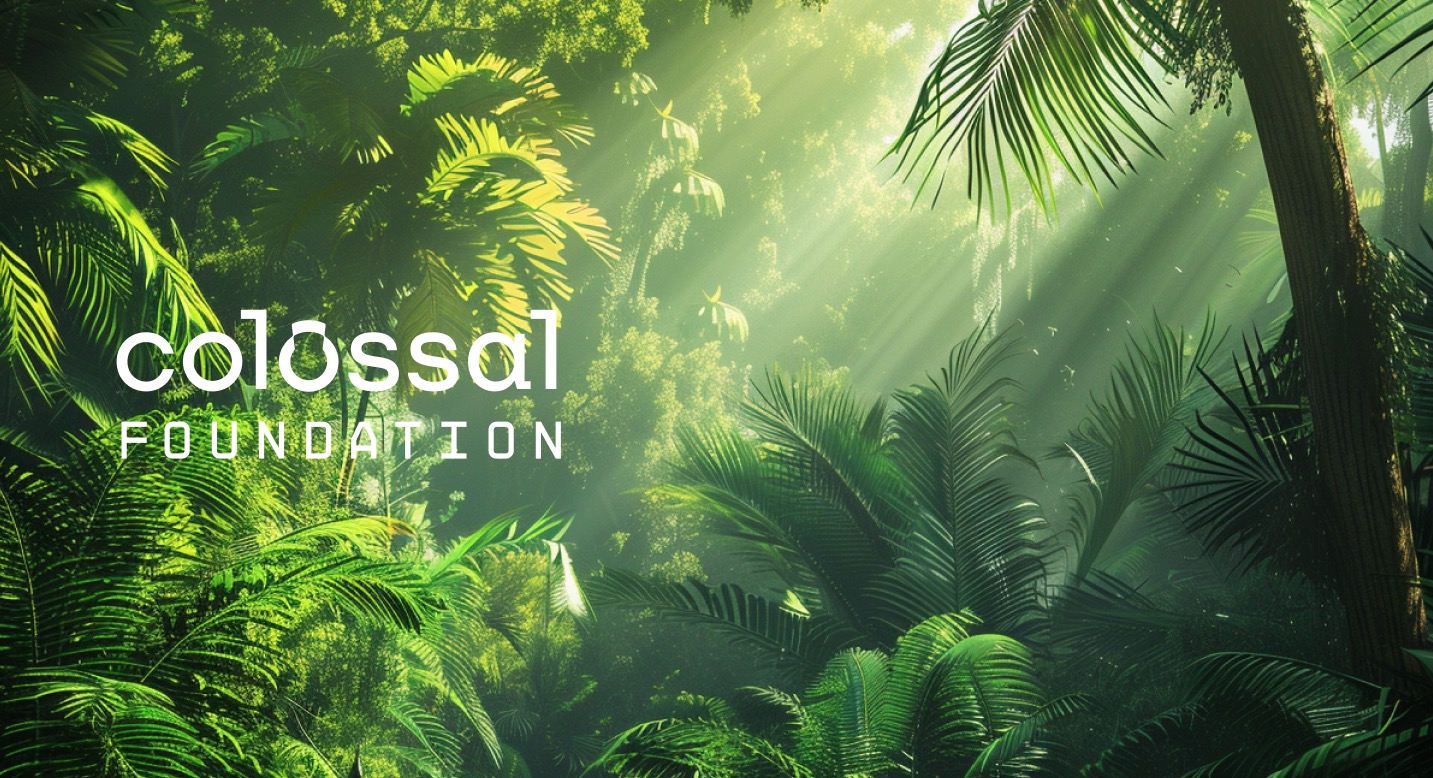

Northern White & Sumatran Rhinoceros

Engineering a Future for the Northern White Rhino
Colossal joins BioRescue for the Northern White Rhino project, sequencing viable museum samples to restore genetic diversity. Gene editing tools are being developed to enhance cell lines for embryo transfer, ensuring the restoration of lost genetic diversity.
Lab & Field NotesProtecting Sumatran Rhinos from Extinction
The Critically Endangered Sumatran rhino faces severe population declines due to habitat loss and low genetic diversity. This collaboration seeks to enhance existing breeding programs and leverage genetic sequencing and assisted reproductive technologies to support and increase the population of rhinos in Indonesia.
Lab & Field Notes
Vaquita


Rescuing the Panda of the Sea
The vaquita is the world's smallest cetacean, and it is on the verge of extinction. With only a handful of vaquitas left, this project employs state-of-the-art monitoring techniques to track and study the remaining vaquitas in the Gulf of California. By analyzing this data, the initiative seeks to enhance conservation efforts and develop effective strategies to stabilize and increase the vaquita population.
Lab & Field Notes
African & Asian Elephants

Saving Elephants from a Deadly Virus
Elephant Endotheliotropic Herpes Virus (EEHV) is a leading cause of death among juvenile elephants worldwide. This project aims to combat EEHV by developing vaccines and treatments to protect both captive and wild elephant populations.
Lab & Field NotesElephant Drone Behavior Tracking
Deciphering the secrets of elephant behavior could revolutionize conservation for this iconic species. This project utilizes advanced drone technology and machine learning for tracking and studying African elephants, and aims to enhance conservation and research efforts by providing detailed insights into elephant behavior and social dynamics.
Lab & Field Notes


Our Genetic Code
for a Better World
Three core conservation principles that guide our work to reverse the ecological crisis.


Science & Technology
We deploy cutting-edge bioscience and genetics to revolutionize wildlife conservation.

Collaborative Conservation
Preserving the planet through the protection and restoration of keystone species is an undertaking that can’t be achieved alone.

Local Community Engagement
Empowering local communities and Indigenous peoples positively impacts in-field program activation.
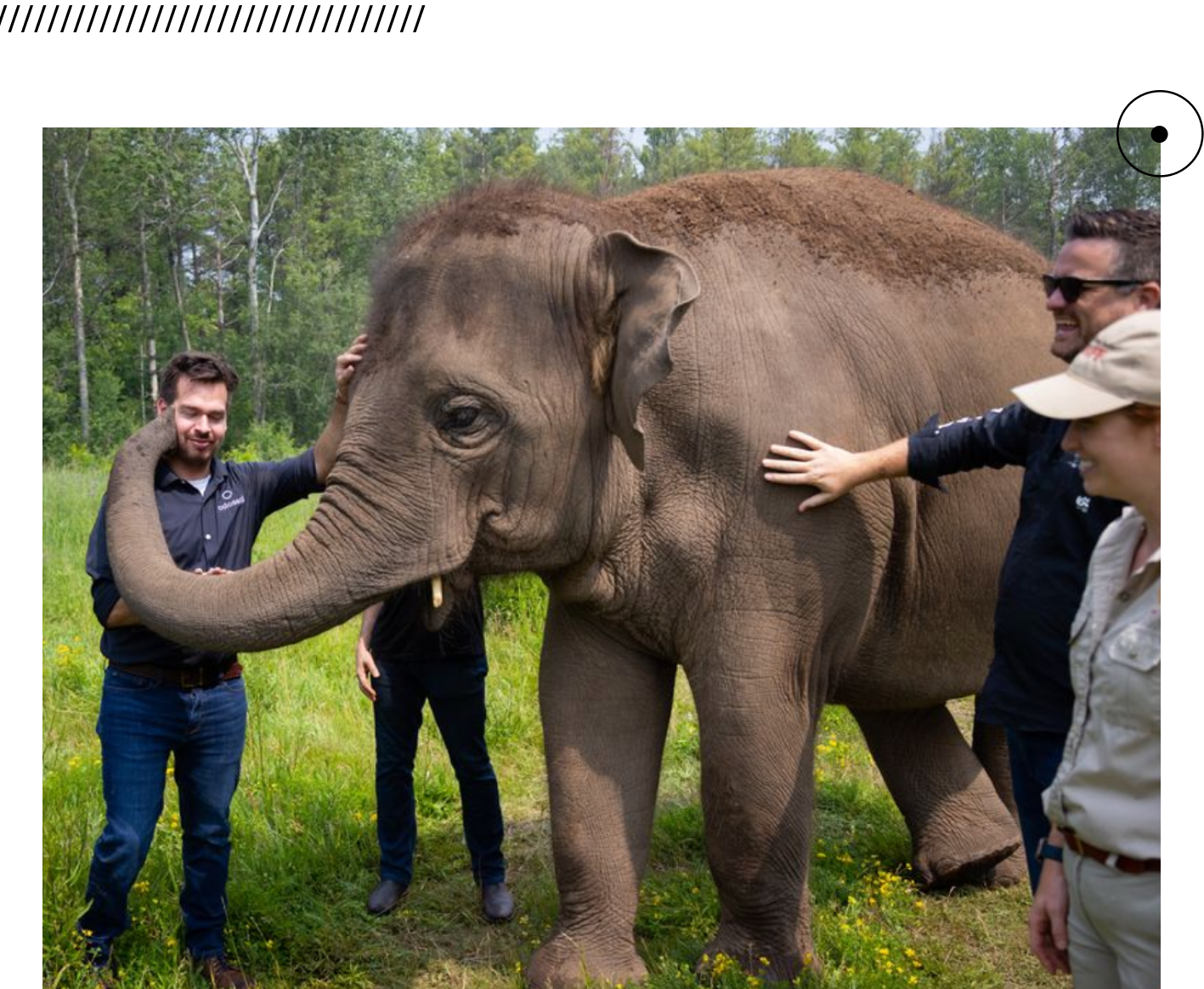
It's a Better World When We Work Together
Preserving the planet through the de-extinction and protection of keystone species is an undertaking we can't achieve alone. Sign up for the Colossal Foundation newsletter to stay up-to-date with our disruptive conservation projects.



